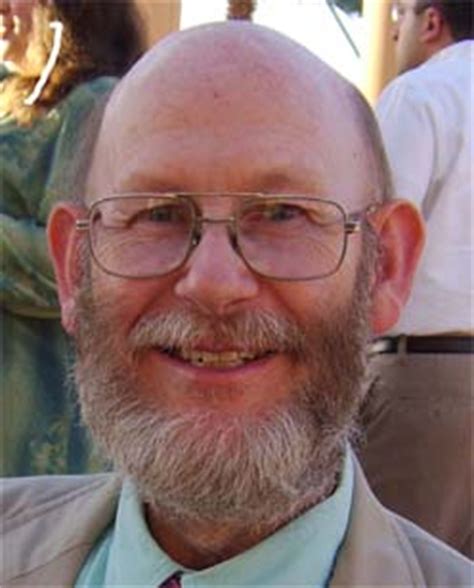A Quote by J. G. Ballard
I believe that if it were possible to scrap the whole of existing literature, all writers would find themselves inevitably producing something very close to SF ... No other form of fiction has the vocabulary of ideas and images to deal with the present, let alone the future.
Related Quotes
Very little in science fiction can transcend the gimmickry of a technical conceit, yet without that conceit at its heart a book is not truly science fiction. Furthermore, so little emerging thought and technology is employed by sf writers today that the genre is lagging far behind reality both in the cosmology area and the technology area: sf is no longer a place to experiment, but is now very derivative.
I wouldn't say the anthropologists were making art, but they were definitely justifying their practices with very personal reasoning, passion, and they were also experimenting with form. There was a sense of trying to be as sincere as possible, whether you were investigating something far away from you or very close.
Considering that "literary fiction" is a sub-genre that's not quite the same as "literature," either, it follows that the short, semi-humorous bits posted online for all to see are something absolutely other, uniquely themselves compared to canonical short stories, for example, and so it'd probably be best to call it something other than "online lit" since I honestly think very little of it can compare to so-called "literature."
I don't believe that fiction is dead. I know there are some people who believe that it's an outdated art form, and that to express truth today you need to work in different forms, to write books where it's perhaps not clear what's fiction and what's memoir. I have nothing against those books and love many of them very much. But we have enough space for everyone, traditional realists and hybrid writers, and experimental writers all.
But the things is, you see, that two people can never actually become one no matter how close they are. And it would not be desirable even if it were possible. What would happen when one of them died? It would leave the other as a half a person, and that would be a dreadful thing. We must each be a whole person and therefore we each need some privacy to be alone with ourselves and our own feelings.
What writers of fantasy, science fiction, and much historical fiction do for a living is different from what writers of so-called literary or other kinds of fiction do. The name of the game in F/SF/HF is creating fictional worlds and then telling particular stories set in those worlds. If you're doing it right, then the reader, coming to the end of the story, will say, "Hey, wait a minute, there are so many other stories that could be told in this universe!" And that's how we get the sprawling, coherent fictional universes that fandom is all about.
The art and science of memory is about developing the capacity to quickly create images that link disparate ideas. Creativity is the ability to form similar connections between disparate images and to create something new and hurl it into the future so it becomes a poem, or a building, or a dance, or a novel. Creativity is, in a sense, future memory.
In every remodelling of the present, the existing condition of things must be supplanted by a new one. Now every variety of circumstances in which men find themselves, every object which surrounds them, communicates a definite form and impress to their internal nature. This form is not such that it can change and adapt itself to any other a man may choose to receive; and the end is foiled, while the power is destroyed, when we attempt to impose upon that which is already stamped in the soul a form which disagrees with it.
In company with people of your own trade you ordinarily speak of other writers' books. The better the writers the less they will speak about what they have written themselves. Joyce was a very great writer and he would only explain what he was doing to jerks. Other writers that he respected were supposed to be able to know what he was doing by reading it.
[Gandhi] said, "I want to find God, and because I want to find God, I have to find God along with other people. I don't believe I can find God alone. If I did, I would be running to the Himalayas to find God in some cave there. But since I believe that nobody can find God alone, I have to work with people. I have to take them with me. Alone I can't come to Him."






































